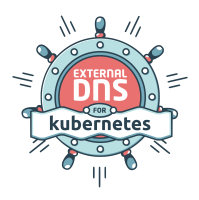Automation
Kubernetes automates tasks such as deployment, scaling and container management, reducing the need for manual interventions and increasing operational efficiency.
Scalability
Allows applications to be easily scaled, both horizontally (adding more instances) and vertically (increasing resources of existing instances), meeting changing workload demands.
Resilience
Kubernetes continuously monitors the health of containers and can automatically restart those that fail, ensuring high availability and reliability of applications.
Broad Ecosystem
It has a vast community and a rich ecosystem of tools, plugins and integrations, making it a flexible and extensible platform for diverse development and operations needs.
Multicloud and Portability
Allows applications to run across multiple clouds and on-premises environments, providing flexibility and avoiding vendor lock-in.
Cost Savings
Optimizes resource utilization, allowing companies to reduce infrastructure costs by better utilizing available resources.



















